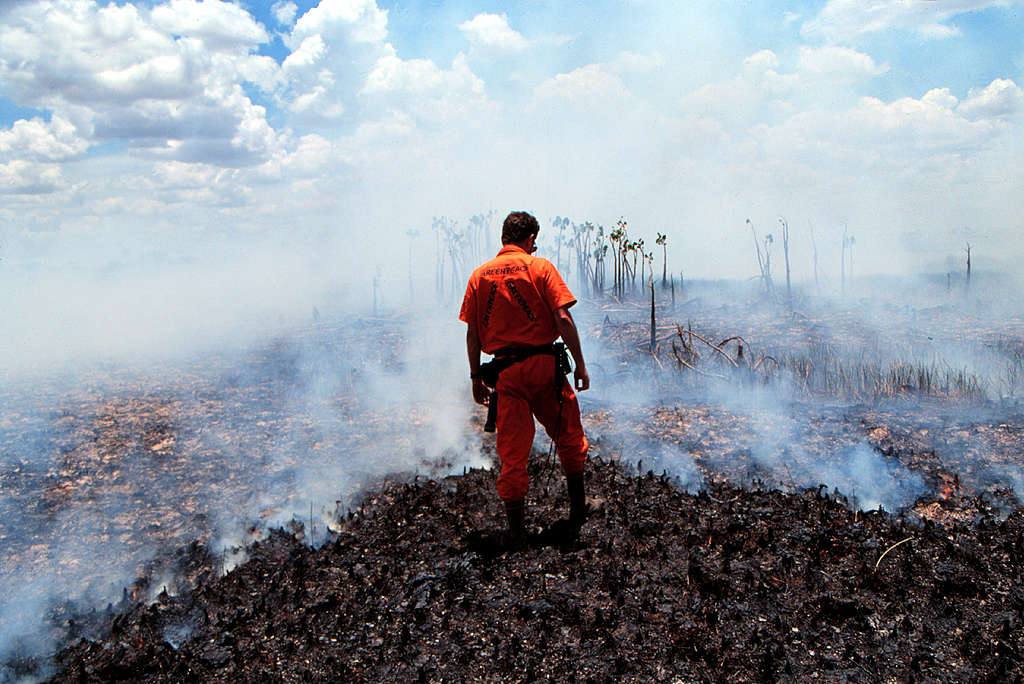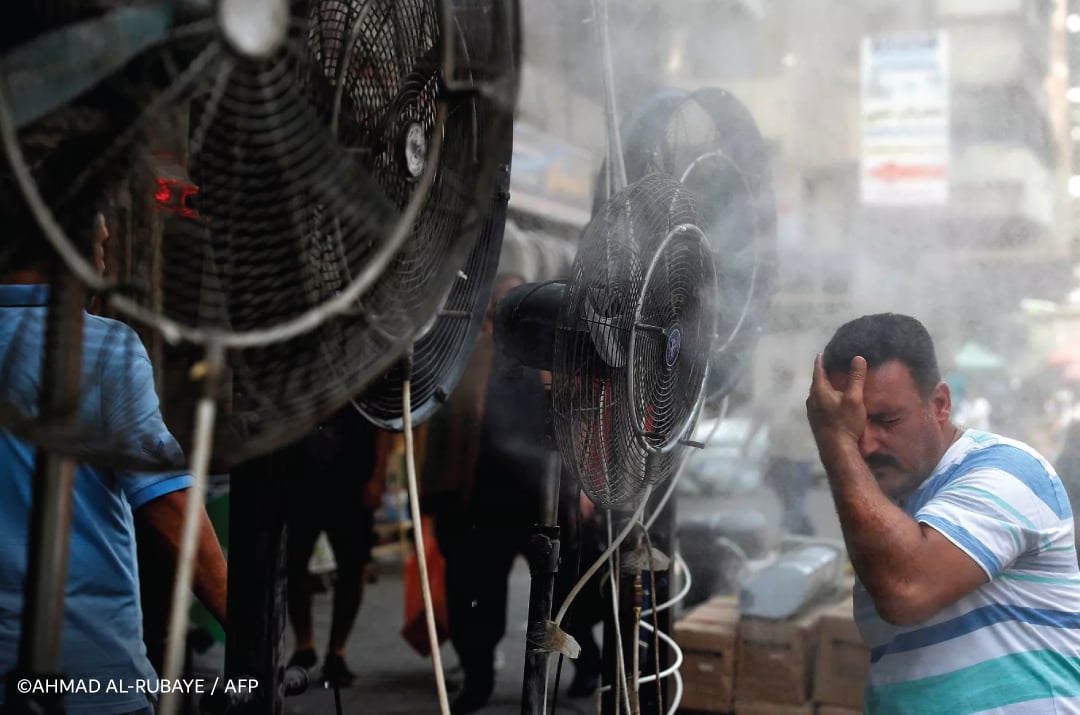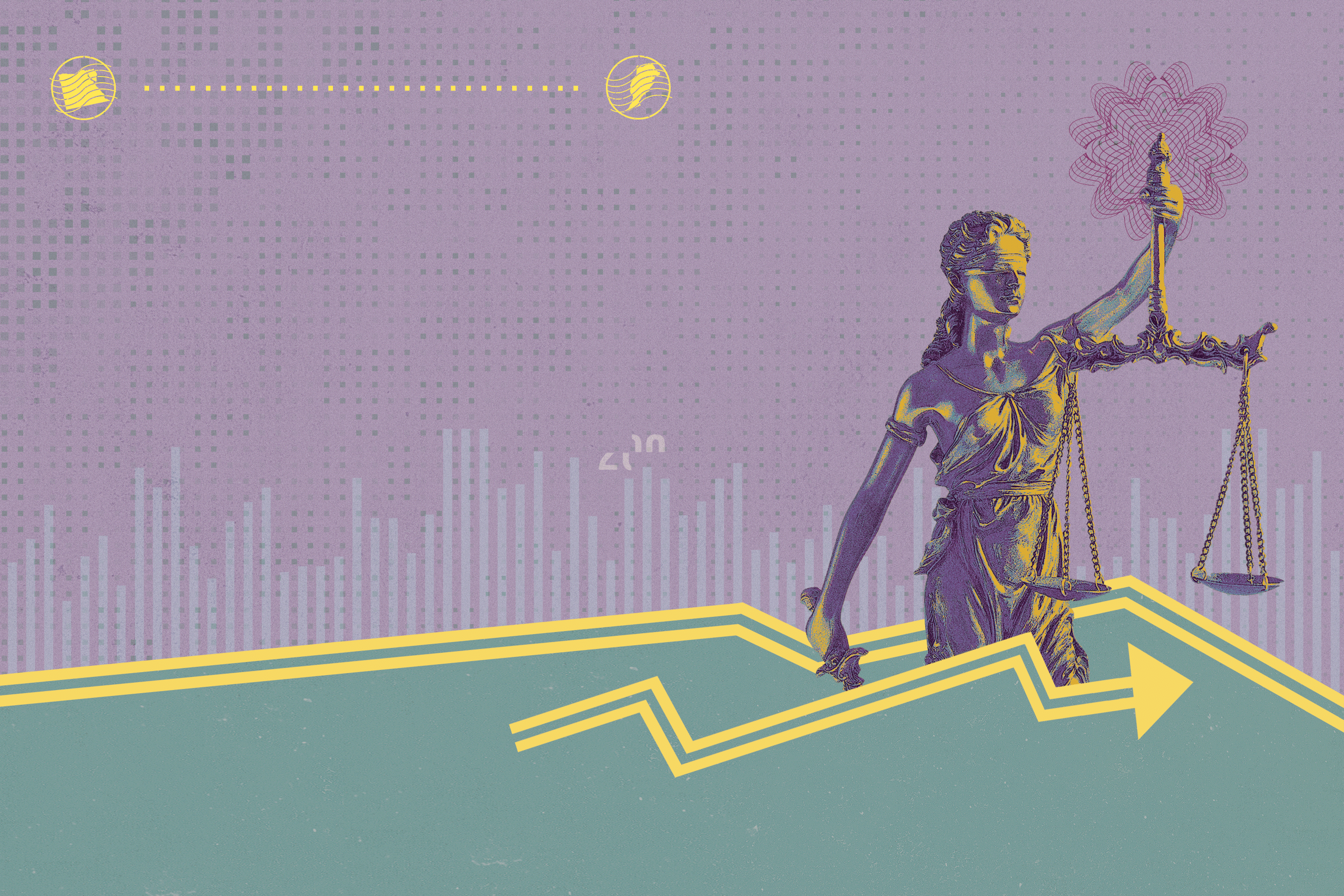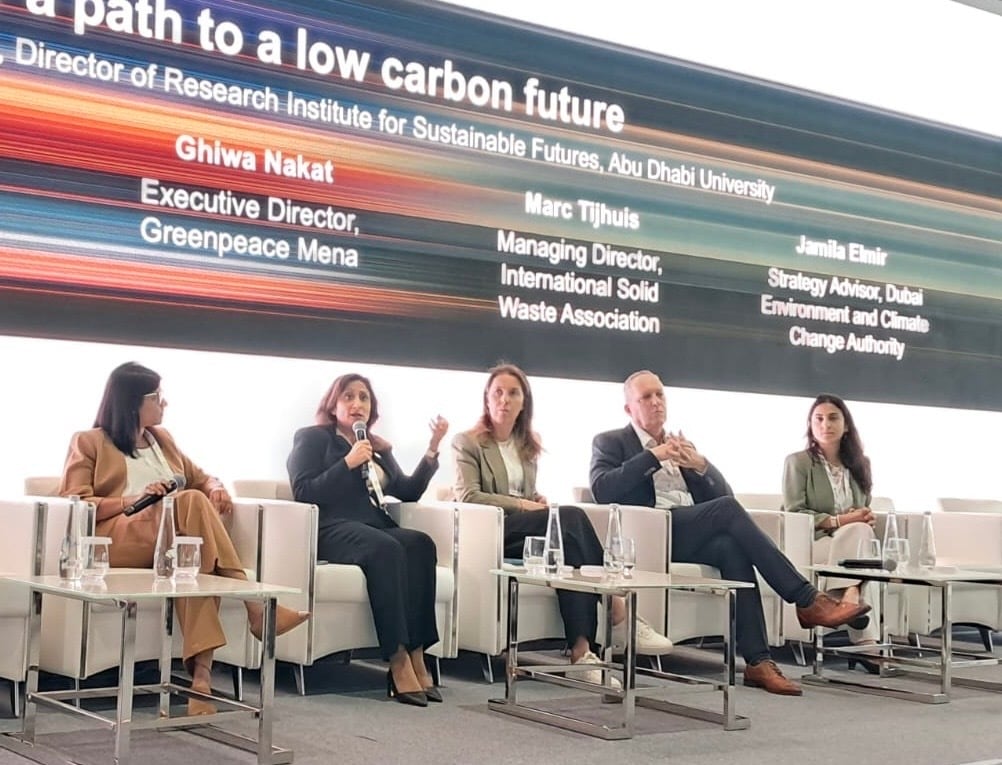The world’s leading climate scientists just released their latest massive assessment on the impacts of climate change and how and to what extent those impacts can be adapted to.
No time to dive into the thousands of pages? No worries
Here’s the 5 key takeaways we think you should know about the Intergovernmental Panel on Climate Change (IPCC) report on impacts, adaptation and vulnerability.
- Climate risks are appearing faster and will get more severe sooner.
This really nails it. Climate change is already causing widespread losses and damages to nature and people, destroying lives, homes, livelihoods and culture. And it will get worse. Scientists have now updated their overall assessment on Reasons For Concern for future warming levels, and concluded that risks will increase to high and very high levels at lower global warming levels than previously assessed (in AR5). Already now, warming effects on ecosystems have been experienced earlier, are more widespread and with further-reaching consequences than anticipated.
- We are not prepared, even for the current impacts, and it is costing lives.
While attempts to adapt to the worsening climate hazards have increased globally, with benefits, most of it is still too little too late, and not reaching those most in need. As a result, the number of people and assets exposed to climate hazards has been increasing, not declining.
Lives and homes have been lost around the world, but in highly vulnerable countries mortality from floods, drought and storms was a whopping 15 times higher in the past decade, compared to countries with very low vulnerability.
It didn’t need to be this way. Inclusive, equitable, sufficiently resourced and adequately implemented plans on adaptation and climate resilient development, that meet the needs of the most vulnerable, would save lives, homes and futures.
We already know that the MENA region is one of the most climate vulnerable places on Earth. We must implement long-term adaptation plans that are locally attuned and account for the needs and rights of the most vulnerable communities.
- More warming brings more problems. Limiting warming to 1.5°C would substantially reduce projected losses and damages, but can not eliminate them.
Every increment of further warming is making the situation worse, pushing more people and species to their limits and beyond. Near-term actions that limit global warming to close to 1.5°C (the Paris Climate Agreement warming limit) would substantially reduce projected losses and damages to humans and ecosystems, but cannot eliminate them. Those losses and damages are unequally distributed and are not comprehensively addressed by current financial, governance and institutional arrangements, particularly in vulnerable developing countries.
For us in the global south, it is important that countries and corporations that have historically contributed to the emissions which have led to the current state of the climate need to be held responsible and pay for the loss and damage already contributed to those countries most vulnerable and in most need of adaptation.
- We must restore nature and protect at least 30% of the Earth for it to protect us.
Safeguarding planetary health is fundamental for human and societal health and a precondition for climate resilient development. Diverse, self-sustaining ecosystems with healthy biodiversity provide multiple essential contributions for tackling climate change. That’s why the IPCC puts strong emphasis on the potentials and needs of ecosystem-based adaptation and mitigation. Importantly, scientists emphasize that maintaining the resilience of biodiversity and ecosystem services depends on effective conservation of approximately 30% to 50% of Earth’s land, freshwater and ocean areas, including currently near-natural ecosystems.
In our region, less than 7% of terrestrial land and only 1-10% of marine area are protected.
- This is the critical decade for securing a livable, equitable and sustainable future. Need to move from incremental to transformational, inclusive change.
Climate change impacts and risks are becoming increasingly complex and more difficult to manage, as different hazards occur simultaneously and interact with multiple risks created by unsustainable development models and social injustice. Hence, what’s needed is not more incremental steps, but comprehensive and inclusive transitions in energy, food, industrial, urban and societal systems that deliver climate resilient, equitable development. Without any delay.
In the MENA region, we already know many of the answers to adaptation questions lie in traditional knowledge with local communities and in sustainable practices. We must tap into these sustainable traditions and heritage to find our solutions.
As the IPCC concludes:
“The cumulative scientific evidence is unequivocal: Climate change is a threat to human well-being and planetary health. Any further delay in concerted anticipatory global action on adaptation and mitigation will miss a brief and rapidly closing window of opportunity to secure a liveable and sustainable future for all. (very high confidence)”
So then, what are the solutions?
- Exit fossil fuels. Now.
Every tonne of carbon we release into the atmosphere by burning fossil fuels is making the situation worse. Even the International Energy Agency, once known for its conservative projections of the world, now says it’s possible to switch from fossil fuels to an energy system dominated by renewable energy. So let’s do it!
Industrialized countries must wean themselves rapidly, their continued demand for more fossil fuels and their companies’ continued investment in this sector in our region traps us in an extractivist economic model that perpetuates the dependency of our economies on their demand and their technology.
We need to break out of this neo-colonial subjugation and undertake alternative development pathways that don’t repeat the mistakes of the global north and provide our communities with a dignified, healthy, safe and secure future.
- Protect at least 30 percent by 2030
In March governments are convening at the United Nations to negotiate a Global Ocean Treaty that enables the creation of protected areas in the global oceans. Later in the year, governments will gather at the United Nations Biodiversity Summit (CBD) COP15, where they must commit to protecting at least 30% of terrestrial and marine areas by 2030. This should be done in full respect of Indigenous Peoples’ and local communities’ rights.
- Deliver on climate justice
People have rights. Governments have duties. Let’s make them accountable. In the last year alone, an unprecedented number of key decisions with far-reaching impacts were issued in courtrooms. Impacted communities will continue to vindicate their human rights and demand justice. Just like the cascading impacts of climate, all of these climate cases are connected and reinforce a global standard that climate protection is a human right. Join the rapidly growing global movement and raise your voice for people and the planet!
- Fight for the future we deserve
The current development model based on infinite growth and extraction, ignoring planetary boundaries, is unjust and obsolete. It needs to go. We deserve a future that respects people and the limits and cycles of the earth. A future where there is no power of economic gains over life; one connected with nature, rooted in a diversity of communities where decisions are made inclusively and equality is assured.
In our region, we have begun identifying systemic injustice and discussing the principles of alternative futures. Read the case studies.
- Face the reality, with brutal honesty.
To fix a problem, we need to first face it, with brutal honesty. Currently we are neither preparing for the 1.5°C world we should be heading, nor for the 2.7°C world where we’re sliding into. We are just drifting. Completely unprepared for the hazards ahead.
Let’s take control of our futures and push governments to action!
Share the word.
Show you have heard the science.
How are you, in the MENA region, already being impacted by the climate crisis? Share your story in a comment below using this hashtag : #أنا_متأثر_بتغير_المناخ

Climate change is happening. Those who have contributed the least to the climate crisis are the most at risk. That’s why a growing number of communities are taking legal action: to hold governments and fossil fuel companies accountable and to secure their rights to a stable climate and healthy environment.
Join Us


